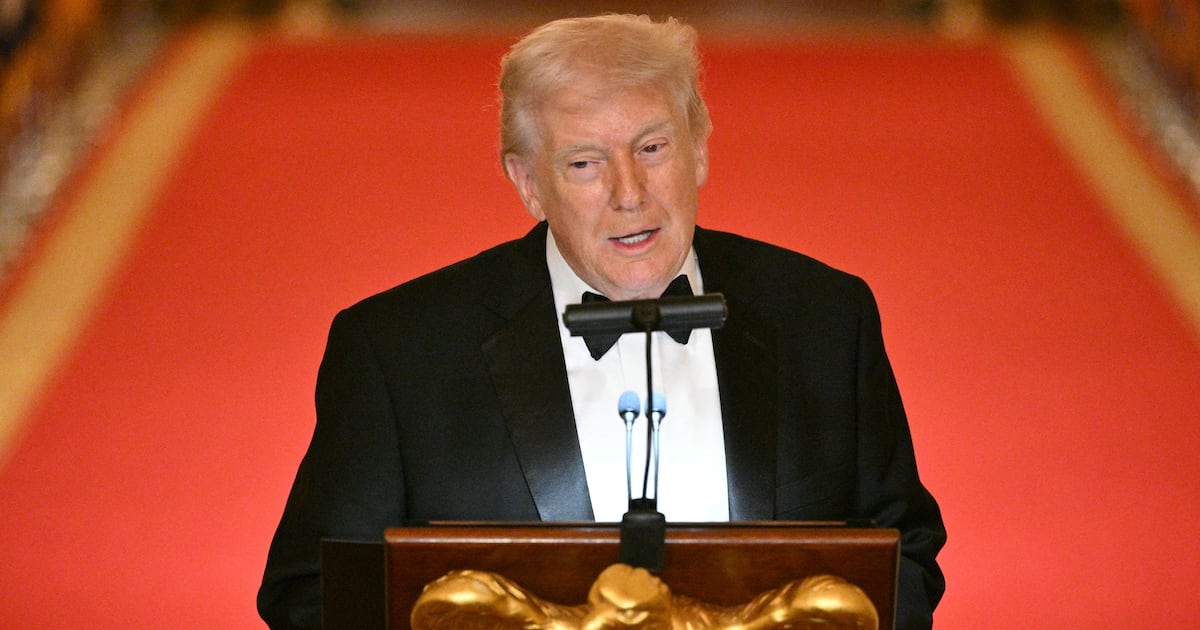Two days after it claimed two of its oil tankers were seriously damaged in sabotage attacks, Saudi Arabia now says its oil pipelines are being systematically attacked by drones.
Its the latest in a string of incidents that are seriously endangering stability in the Middle East. Aside from the alleged ship sabotage and drone attacks, Iran announced last week that it would be quitting parts of the 2015 nuclear deal, and the White House has been mulling plans to send 120,000 troops to the Middle East to prepare for an attack from Tehran.
Shortly after Saudi Arabia claimed that drones were attacking its oil infrastructure, Yemen's Houthi rebels, who have been at war with Saudi Arabia since 2015, said they had launched a series of drone attacks. A rebel spokesman told the Associated Press: “This is a message to Saudi Arabia, stop your aggression ... Our goal is to respond to the crimes they are committing everyday against the Yemeni people.”
The state-run Saudi Press Agency carried a statement from Energy Minister Khalid al-Falih saying that drones had attacked a petroleum pumping station which supplies a major pipeline running from its Eastern Province to a port on the Red Sea. Oil has now stopped running through it.
AP reports that Saudi Arabia is claiming two petroleum pumping stations near the capital, Riyadh, have also been the victim of what it called “limited targeting,” but it didn't elaborate on what damage had been done.
Energy Minister Khalid al-Falih called the alleged attacks “cowardly” and said they could threaten the world’s energy supply and global economy, and added that the international community must now take a stronger line against the Houthis. He said Saudi oil exports won't be stopped.
The alleged attacks come as the oil industry is still reeling from reports that four oil tankers were sabotaged off the United Arab Emirates. Despite that incident happening on Sunday, hard details are yet to emerge. No perpetrators have been officially named, and satellite images obtained by AP showed that no substantial damage to the ships is visible.
An unnamed U.S. official intervened in the situation by speculating that Iran or its allies were behind the ship attacks and used explosives to blow holes in the vessels. That accusation, which has not been backed up with evidence, comes at a time when Iran and the U.S. are engaged in increasingly fraught relations.
The New York Times reported late Monday that 120,000 troops could be sent to the Middle East to prepare for an Iranian attack American forces or an acceleration of its nuclear weapons program. Donald Trump warned at the beginning of the week: “We’ll see what happens with Iran. If they do anything, it would be a very bad mistake.”
With tensions in the region at boiling point, the United Nations deputy spokesman Farhan Haq urged “all concerned parties to exercise restraint for the sake of regional peace, including by ensuring maritime security.”






